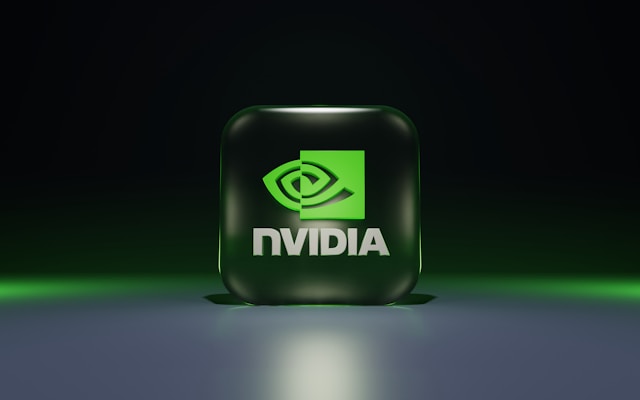Nvidia (NVDA) is staring a major headwind in its bid to sell as many chips as possible amid the artificial intelligence race. Chinese regulators urging companies to stay clear of its chips amid soaring tension between Beijing and Washington has the potential to disrupt its core business.
China Nvidia Ban
Regulators in mainland China have discouraged Chinese firms from purchasing Nvidia’s H20 chips, which aren’t the cutting edge for artificial intelligence. While they are the only ones that the US Company can sell to Chinese firms as part of export restrictions in place, the curb threatens to disrupt a key revenue stream given China’s push into AI.
While US export controls have impacted China’s AI advance, it is still unclear if the US is gaining any edge with the curbs in place. The export curbs have forced Chinese companies to ramp up their research and innovation in a bid to take on US AI chips.
Huawei is one of the Chinese chip heavyweights that have felt the full wrath of the tech wars between China and the US. After being set back two years, the company has had to ramp up the production of AI chips, including its flagship Ascend 910B.
While US export control curbs on advanced production equipment are making it hard for the likes of Huawei to ramp up production, they are making progress. TikTok parent ByteDance says it will use Huawei 910B chips to train an upcoming model.
AI In Military
Meanwhile, billionaire investor Mark Cuban believes the US is at risk of lagging behind in the artificial intelligence race. Even though private companies and the Defense Department are investing in AI, the investments are needed, according to Mr. Cuban.
The remarks coincide with Vice President Kamala Harris’s release of additional information regarding her economic platform. Harris has advocated for increased funding for vital semiconductors and renewable energy sectors. Following the speech, Cuban emphasized the significance of AI for the US military.
Venture capital firms in Silicon Valley are becoming increasingly interested in the nascent field of defense technology leveraging artificial intelligence. Y Combinator made its first investment in Ares Industries, a weapons manufacturer, last month. Ares promises to produce anti-ship missiles that are ten times more affordable and smaller than those that are currently on the market.
Furthermore, more well-known businesses are starting to attract mainstream investors. Palantir, for example, is a maker of data-mining software, and more governments, militaries, and businesses are utilizing its AI-powered platforms.
Eric Schmidt, the former CEO of Google, has also been keeping a close eye on the effects of AI on the military. In a commentary released last month, former Joint Chiefs of Staff Chairman Mark Miley and others cautioned that while enemies like China and Russia are investing, the United States is ill-prepared for future conflicts.
OpenAI $5B loss
Separately, OpenAI anticipates significant losses this year, even as it increases fees for its flagship chatbot ChatGPT. The company projects $3.7 billion in revenue in 2024, with $2.7 billion coming from ChatGPT, which launched in 2022 and ignited the current generative AI frenzy; the remaining $1 billion will come from other businesses.
However, OpenAI estimates a $5 billion loss, excluding equity-based compensation. The primary expense of OpenAI is the processing power it receives from top investor and partner Microsoft, whose cloud services house its products.
OpenAI predicts that revenue will triple to $11.6 billion in 2025 and eventually reach $100 billion in 2029, indicating that growth will continue to soar. Future revenue gains would partially stem from increased fees ChatGPT users must pay.


